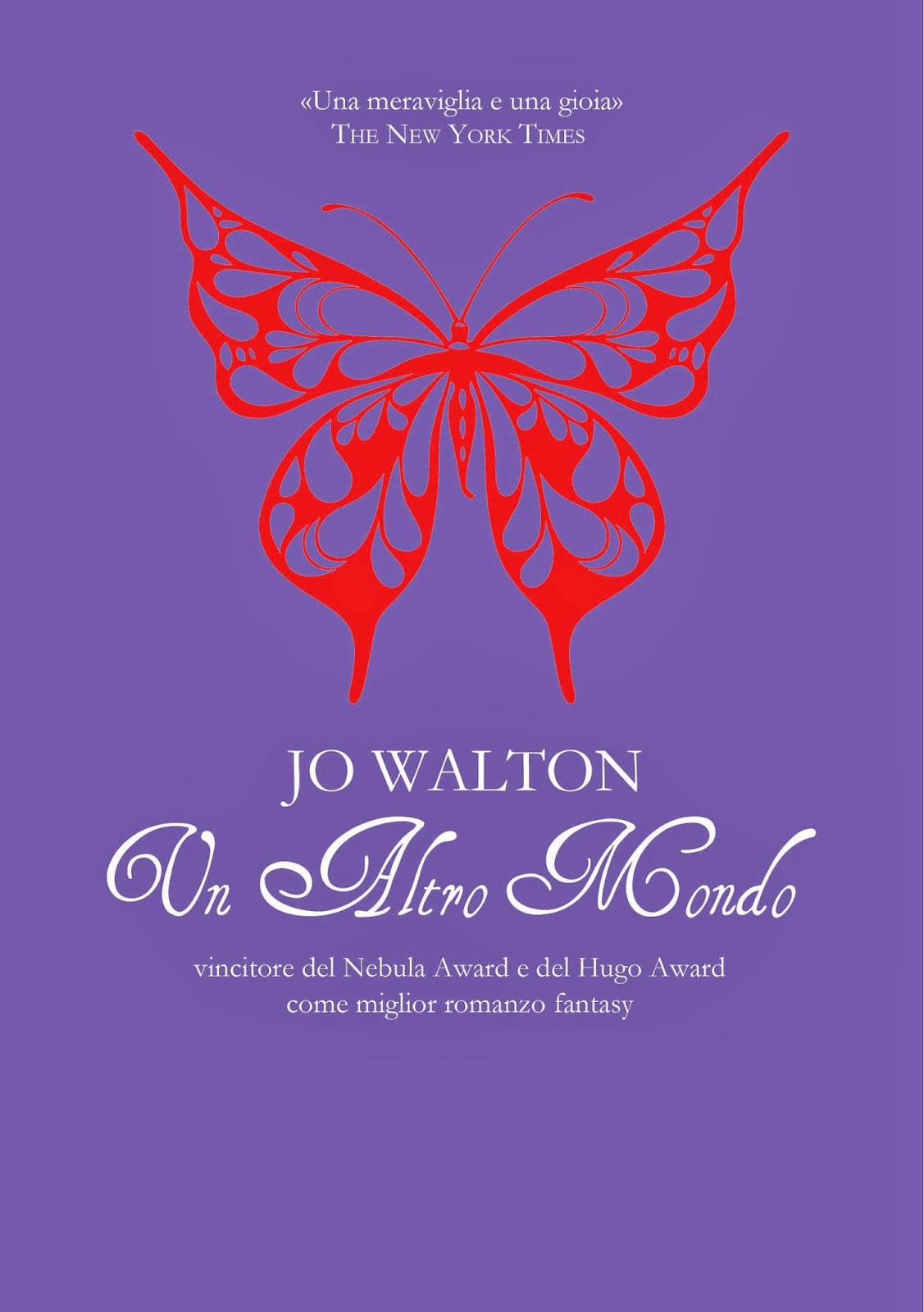A bildungsroman is, of course, no more than a coming of age novel, but I didn’t know that. When I was fifteen or sixteen, I read Doris Lessing’s Martha Quest series, which begins in Zimbabwe immediately before WWII and continues (five books later) on from Martha coming to London in 1949 to being there in 1959 and 1969 and into the imagined created future. Five books into the series, towards the end of The Four Gated City, it turns into SF.
Lessing used the word “bildungsroman” in the introduction to the library hardback The Four Gated City which I first read, which said something like (paraphrased) “people have said this series is a bit strange, but actually it’s just a bildungsroman”. I’d only read one other book which was set in a specific time and place and which in order to deal with the ramifications of plot in the future extended on into an imagined future, Graves’s Antigua, Penny, Puce which does this on the last page and as a joke. However, as this was the thing that struck me as weird about this book, I imagined that this was what Lessing had meant, and that there was a whole German genre of the things, realistic novels that became SF through the necessity of the characters growing older and time not having got there yet. I thought Lessing was saying that this may be a weird thing to do in English, but people are always doing it in German.
I’d only read one German novel at that point, Kafka’s The Castle (yes, but I prefer oranges) and while it didn’t do that particular thing, I could quite see how German literature was clearly given to weirdnesses undreamed of in English.
It took me a Goethe and two Thomas Mann’s, which I don’t suppose did me any harm, even approached in such a wrong spirit, before I gave up trying the German-lit-in-translation shelf of the library. (I did discover Rilke, so it wasn’t all time wasted.)
I felt a keen sense of disappointment when I discovered what a bildungsroman actually was. I had really wanted there to be books out there, maybe, preferably even, written a long time ago, which were written with the layered depth of characterisation and detail expected of mainstream fiction, but which extended onwards into an SFnal and precisely imagined future.
I’ve argued elsewhere that what makes a novel SF is largely pacing, that genres have their own different expectations of pace and that this is one of the things that mainstream writers inevitably get wrong when attempting SF. It’s what’s wrong with Piercy’s He, She and It (aka Body of Glass) frex, which uses SF furniture creditably but can’t be read as SF. And it’s why Simmons’s Phases of Gravity reads like SF even though it isn’t.
I’d just have been so interested to read a whole genre of novels with mainstream sensibility that had the courage to go on beyond the present when the now of the story did. It’s such a pity they never existed except in my imagination.
I never refer to coming of age novels as bildungsromans. I regard it as a term likely to confuse people.


